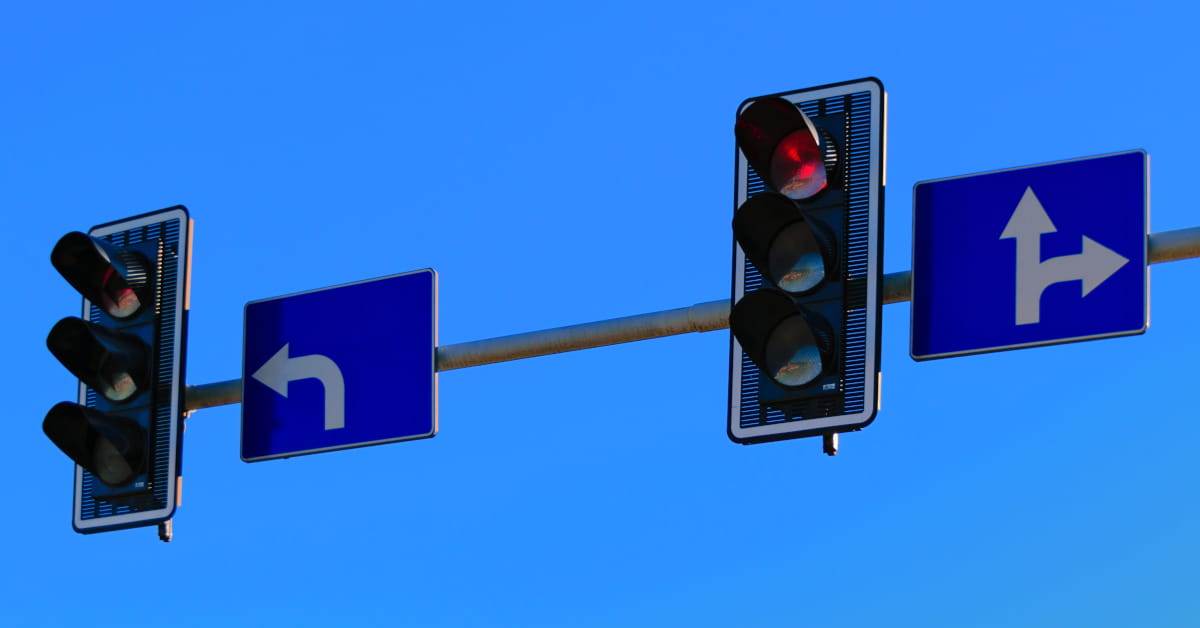10 States Have Banned Traffic Cameras Giving Automated Tickets
Feb 02, 2024 • 13:08

Needs to be all 50.
Those in favor of traffic cameras giving automated tickets say it saves taxpayer money or allows police forces to focus on other things. But an increasing number of states are voting down this enforcement method. And honestly, I can see why. Speed limits and other traffic laws are written so a police officer can choose whether to ticket you. It takes some judgement to know just how safe or unsafe you were being in the moment because there are usually factors to consider beyond your precise speed.